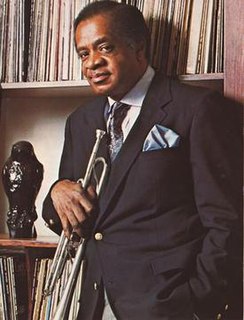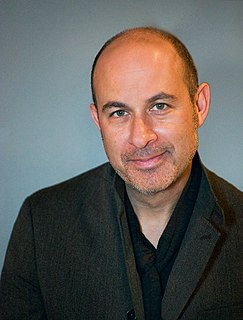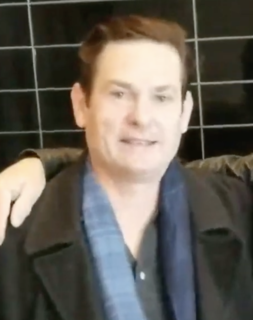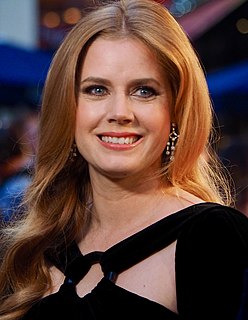A Quote by Van Morrison
There's quite a few people getting into that - new acts coming along that are using a lot of stuff that happened in the 50s and 60s. They're completely ignoring the 70s which is kind of a turn on because to me nothing has really gone down in the 70s.
Related Quotes
We've gone through the urban renewal cycle in the '60s and '70s that really did a lot of damage to the fabric of urban life - neighborhoods bulldozed and highways pushed through, and all that kind of stuff that really destroyed the kind of social underpinning and the kind of mom and pop stores and all the stuff that makes a community viable.
I've got all of the old school vinyls from the '70s - even further back, like the jazz music in the '40s, '50s, '60s. Then I've got all the '80s stuff underground, hip-hop when hip-hop really first started. The '90s stuff. All of the good stuff, because I'm really into music, and it helps me create new songs now.
I lived in Italy for a number of years and I was really digging around trying to get my hands dirty, trying to learn about Italian music. And what I ended up gravitating towards was this stuff from the '50s and '60s and maybe early '70s, where there were these incredibly talented pop singers that weren't using pop bands.
The 60s were a continuation of the 50s much more than people realized. Certainly in some countries, like Britain, there was still a culture of deference, whereas in the 70s we really are in a time of angry transition. The generation that came into young adulthood in the 70s couldn't find jobs; that wasn't true in my generation. They entered a time when two depressing things hit them both at the same time.




































